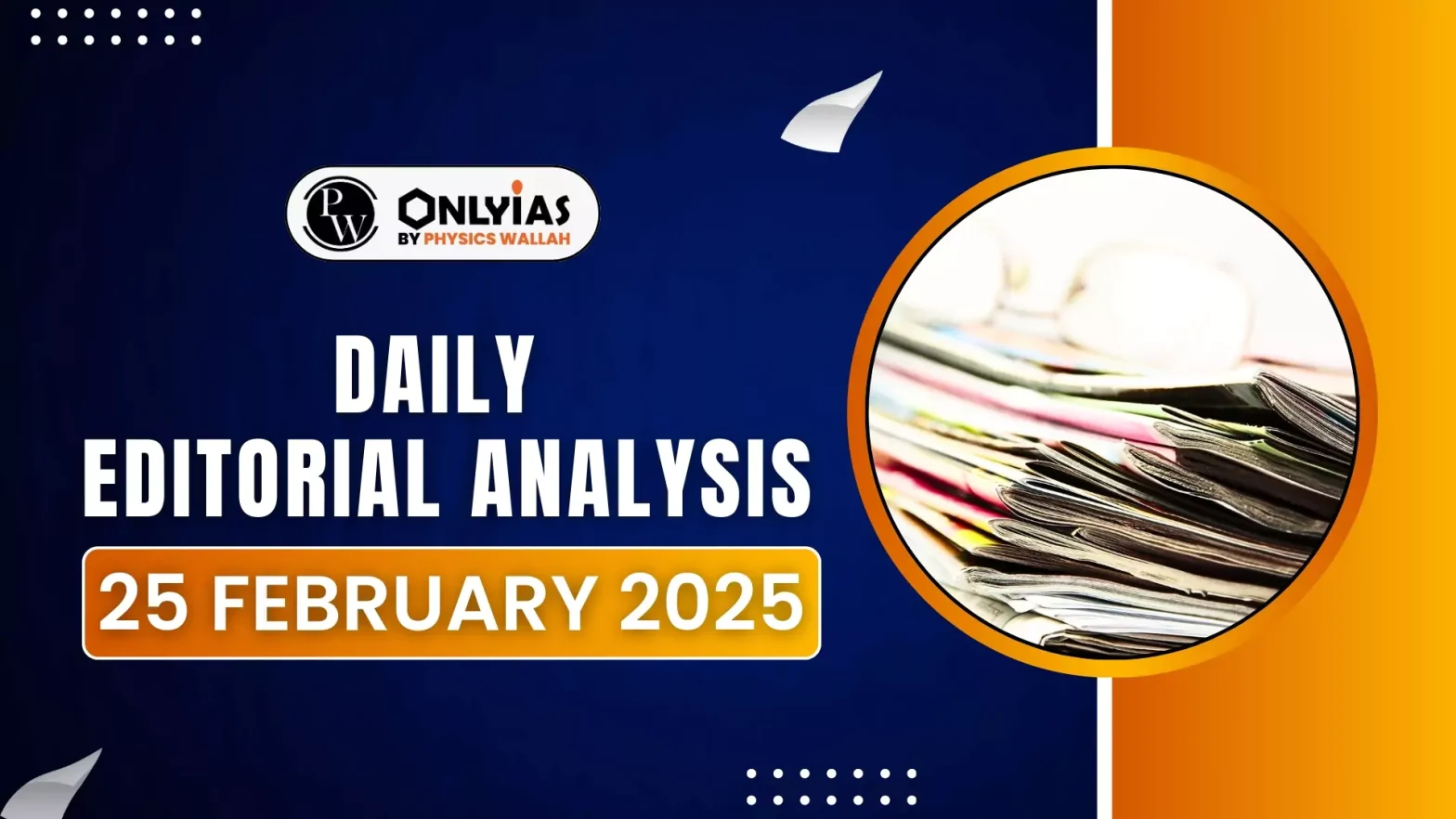The Soil Health Card (SHC) scheme addresses soil degradation by promoting balanced fertiliser use through soil testing.
Reasons for Deteriorating Soil Health in India
- Introduction: A balanced soil-nutrient profile is crucial for improving crop and soil productivity. However, soil health deterioration remains a major concern in India.
- Imbalance in Fertiliser Usage: The current fertiliser-subsidy system heavily emphasises urea, leading to excessive nitrogen use.
- Inadequate phosphorus and potassium supplementation disrupts soil balance.
- NPK-Use Ratio: The Fertiliser Statistics Report notes the NPK-use ratio was 7.7:3.1:1 in 2021-22, skewed towards nitrogen.
- The ideal NPK ratio is 4:2:1, ensuring balanced nutrient availability.
- Excessive Usage: Excessive nitrogen application depletes micronutrients, reduces soil productivity, and causes groundwater contamination.
Soil Health Card
- About: Soil Health Card (SHC) Scheme: It was launched to promote balanced fertiliser use and improve soil health.
- Provides personalised recommendations on soil health and fertiliser application. Helps address land degradation through soil testing.
- Implementation and Reach: Over 247 million SHCs distributed across the country. 8,272 soil-testing labs (STLs) established, including 665 village-level STLs (VSTLs) across 17 states.
- Decentralisation of STLs ensures farmers have access to timely and accurate soil-analysis results.
- Entrepreneur-led and self-help group (SHG) STLs enhance accessibility.
Challenges in Implementation
- Infrastructure Issues: STLs require infrastructure, skilled workers, and capital investment. Many laboratories are understaffed and lack adequate infrastructure, leading to inefficiencies.
- Delays: Farmers face delays in receiving soil test reports. Many farmers struggle to implement SHC recommendations effectively.
Way Forward
- Technological Advancement: 1,020 schools implementing the School Soil-Health Programme with 1,000 STLs and 100,000+ students enrolled.
- Geospatial technologies assist in soil mapping and linking soil samples to test results via the SHC mobile application.
- The Soil and Land Use Survey of India has mapped 29 million hectares across 40 aspirational districts.
- Aligning these initiatives with advanced technologies will enhance precision in soil survey and land-use planning.
- Artificial Intelligence: Portable AI-Based Soil Testing Kits can be used on-site and require minimal training. It improves efficiency and accessibility for farmers.
- KRISHI-RASTAA: It is an IoT-based automated soil testing and agronomy advisory platform. Conducts 12 key soil parameter tests in 30 minutes. Jointly developed by ICAR-Indian Institute of Rice Research and agritech startup KrishiTantra.
- Role of Agritech Startups: Agritech startups can leverage AI to improve soil testing and fertilizer recommendations.
- Awareness: Increase farmer awareness regarding SHC benefits.
- Implementation: Ensure implementation of SHC recommendations for better soil health.
- Real Time advisory: Provide real-time agronomic advisory services to support informed decision-making.
Conclusion
A data-driven, technology-enabled approach to soil health management is essential. Strengthening the SHC scheme and integrating AI-powered solutions can help achieve sustainable and productive farming in India.
![]() 25 Feb 2025
25 Feb 2025

